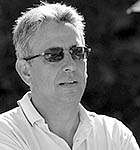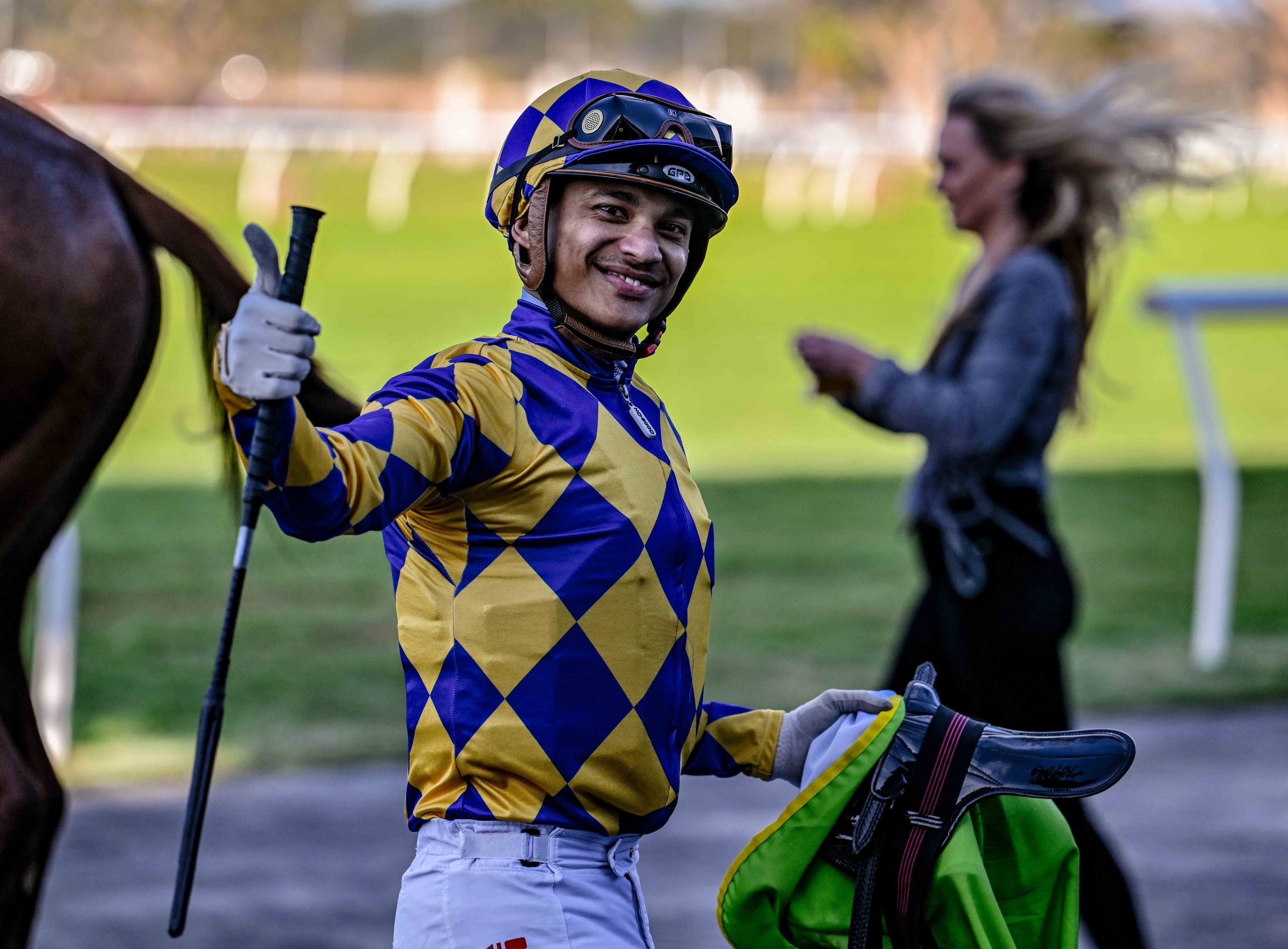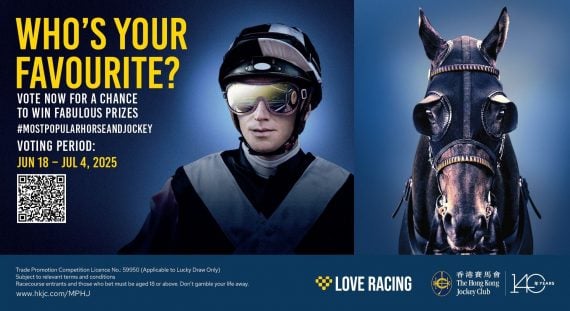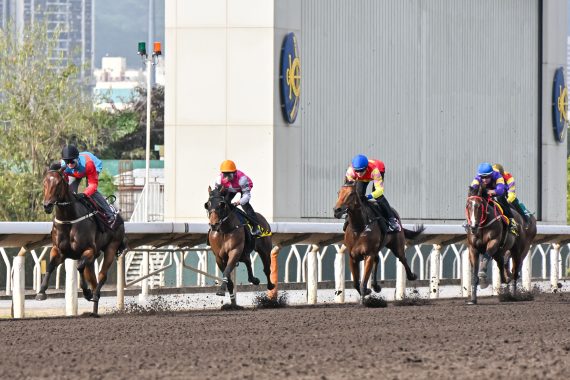One horse fields just don’t work and trainer Dean Kannemeyer found that out to his obvious chagrin on Monday. His smart Royal Academy colt Cape Royal was the sole acceptor for a R62 000 1000m Graduation Plate programmed for Kenilworth this Saturday.
With the Cape’s quite recent history of lost races and meetings, do the locals just not need the money?
The subject of programming is an almost daily whinge in local racing circles with mutterings about a dearth of staying races, not enough races for fillies over ground and other digs at the establishment for not doing things the way the individual believes they should be done at any given moment.
So when a race is put on by the operators with apparent forethought, consideration and calculation, and then lost through a lack of support, should the local trainers be pointing fingers at anybody but themselves? And what do the owners think?
Executive Chairman of National Fixtures, Programming and Statistics, Jay Harrielall was quick to respond when questioned on the suitability of the race in question:
“This particular Graduation Plate was a prep race for the 3yo Need For Speed Sprint which is carded to be run at Kenilworth on 29 December. As a programmer, part of my function is to provide prep races for the feature events, but it stands to reason that I cannot control the determination of the final field. Conversely, if I did not programme a particular prep race, there would inevitably be a hue and cry from trainers!” he said.
Kannemeyer’s two-time winning Cape Royal runs off a merit rating of 100, and the simple bottom line is that Lady Laidlaw’s flyer probably scared off the potential opposition.
The stake breakdown for the race in question is R38 750 (first), R12 400 (second), R 6 200 (third), R 3 100 (fourth) and R1 550 for fifth place.
So assuming that the best any opponent could have done is to have run second and picked up a gross R12 400, what else would have weighed against a risky decision to take him on?
The maximum penalty, applied if somebody had gotten lucky or, heaven forbid, even maybe was good enough to have beaten Cape Royal would have been a 6 point penalty from the official handicapper.
Would that have signalled the short-term career death knell for any prospective candidate after banking the gross R38 750?
Gold Circle’s Chief Operating Officer Graeme Hawkins added to Harriellal’s comments:
“The truth in South Africa nowadays is that ALL Plate races are in danger of not attracting sufficient runners – for a variety of reasons including being ‘scared off’ by a highly rated runner.
We need to programme them to allow better horses to progress quickly through the divisions but trainers are the architects of their own demise by not fully supporting them – even to the extent of ensuring that there at least 8 runners. We have introduced allowances to the Plate races in an attempt to make them slightly more attractive to more horses but from time to time these races will ‘fold’,” he added.
Hawkins went on to say that Pinnacle races are fast becoming a more acceptable alternative to pure handicap races and suggested that we would perhaps see more of these in the future – even perhaps some at a lower rating level.
“As with all of these things, the above is generally true. There are times when Novice Plates and Graduation Plates are well supported but another contributing factor could be that too many ‘good’ horses are concentrated in too few yards and just maybe trainers don’t necessarily want to compete against themselves or amongst themselves?” he asked.
Phumelela’s Racing Executive Patrick Davis supported the contention:
“From time to time these plate races don’t fill – often due to a horse/s scaring the opposition. As race programmers, we try to create a route for the higher rated horses to avoid handicaps if they choose to, in the knowledge that the races may not fill. In such instances we simply cancel the said race and either split or add another race – as we did for Saturday at Kenilworth.”
Davis continued with a sketch of the policy and background:
“In a nutshell, the Racing Operators produce the programme in consultation with trainer representatives in the respective regions – a joint committee effectively. Over time we have developed detailed ‘principles and criteria’ that govern the number of races in each category, over each distance and by age and gender. These are based on a combination of the requirements of the horse population in each region and historical data in respect of all the races run.
Apart from Kimberley (for which an annual programme is done i.e. for a 12 month period given there are only 36 race meetings a year in the region), all the other regions’ programmes are done in two tranches annually (generally for 5 and 7 months periods). E.g. The Highveld’s programme is divided into a winter (May to September) and a summer (October to April) programme.”
On flexibility of the programme, Davis said that he and Graeme Hawkins had a slightly different philosophy on changes to the programme once published.
“I am of the view that, once published, we generally don’t make changes to races, as trainers will have targeted races for certain horses and I don’t believe it fair to adjust races already in the public domain. If however there is an obvious ‘hole’ in the programme, we are open to adding a race to the programme – NOT changing an existing one. This typically arises when race meetings are lost to the weather. But we do not add races at the whim of owners or trainers, otherwise it would get totally out of control.”
Davis said that criticism of the programme by some trainers from time to time does occur as there are only so many races available and increasing the number of one category of races, naturally leads to another category suffering.
“You can never get the programme absolutely perfect, but by and large we get it right most of the time, he said.
“The ability to split races on demand at final declaration stage, this usually in the maiden ranks, assists us further in catering for the needs of the horse population in a dynamic way.
Hawkins endorsed what Davis had said
“I too do not like to change any race already advertised but I am happy to fill a ‘hole’ that may appear in the programme from time to time by adding a race, particularly when races have been lost due to inclement weather and other uncontrollable factors,” he said.
When taxed on the subject of Pinnacle type races, Hawkins went on to explain that these races were inherited from Singapore (via Mike Wanklin) and the conditions of these races very ably bridged the gap between handicap races and conditions/WFA/Set-weight races and definitely had a place in the programme.
“In fact I believe there is scope to programme a lot more of these races especially as trainers now seem much more comfortable with them,” he said.
Asked whether he added races on request:
“From time to time I have added races for specific horses for whatever but only in the interest of the sport of horseracing; the interests of the punter and most importantly in the best interest of the horse in question. There are occasions when a horse which has its sights set on a major forthcoming feature misses an already programmed lead-up race due to a sudden (minor) injury; a minor illness or whatever and that horse needs another opportunity.
Judged purely on the merits of the situation I am happy to add a race in those circumstances but always subject to the condition that the race is satisfactorily subscribed . This has happened from time to time and I am happy to say that the outcome has always been positive for racing – a Pinnacle at Clairwood for Pocket Power a few seasons ago after he missed the Drill Hall comes to mind as a typical example,” he added.
Kannemeyer refused to comment.









